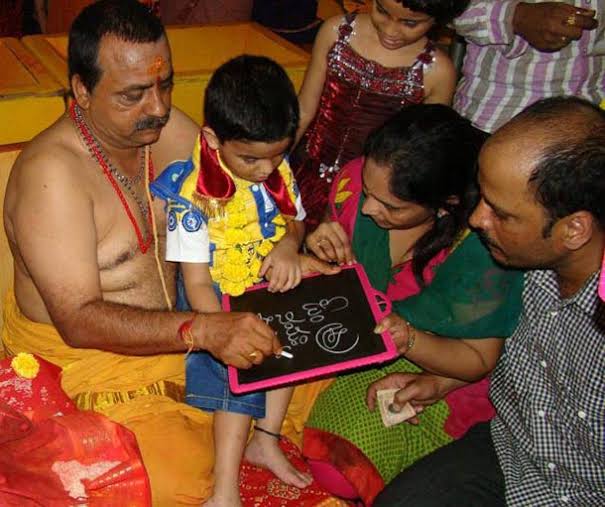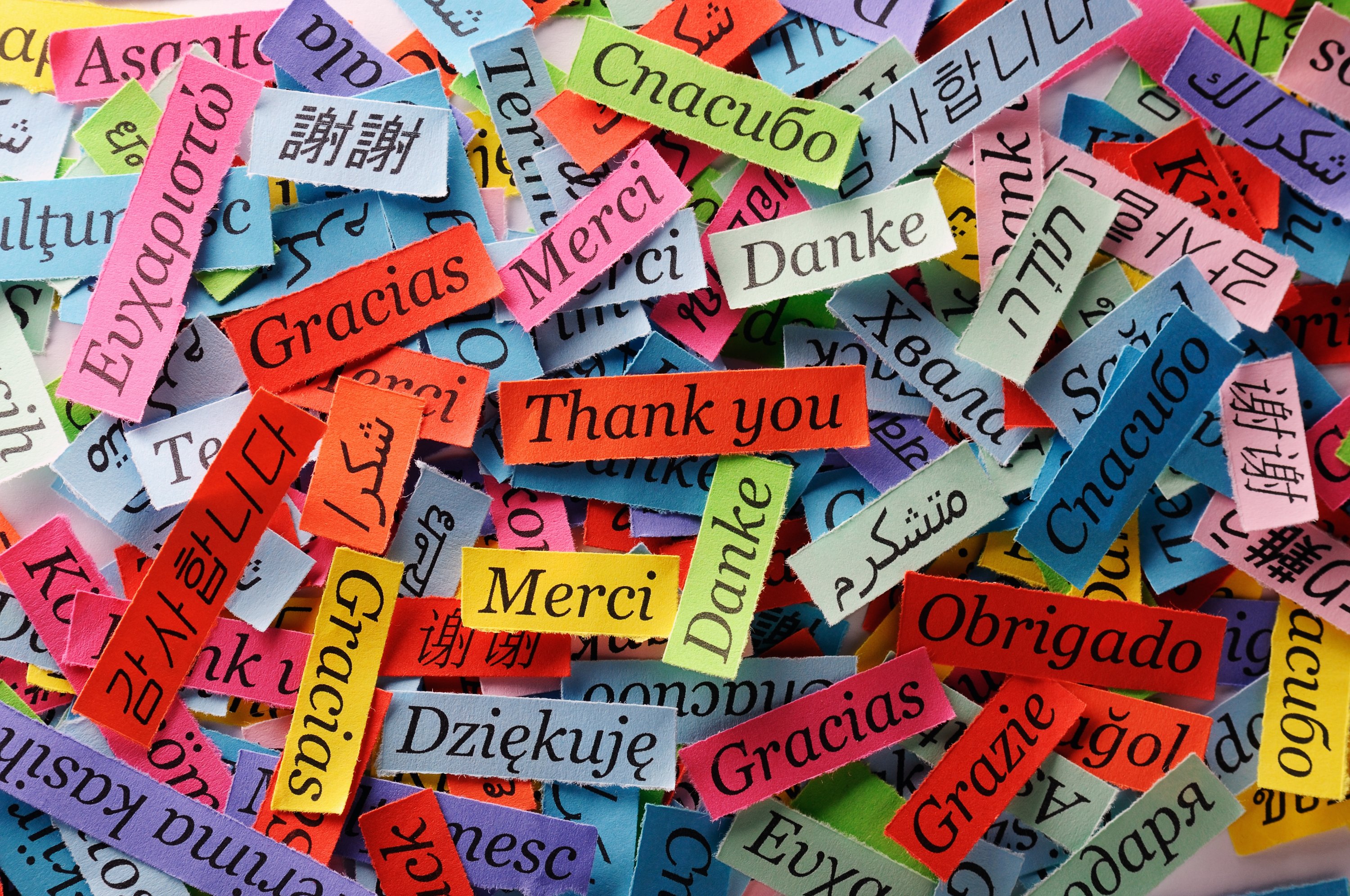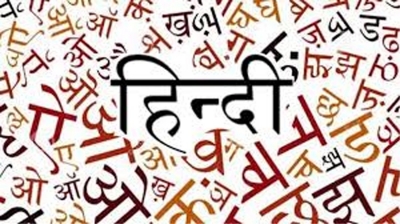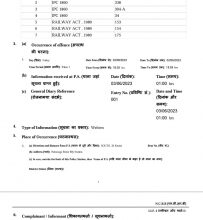Linguistic Diversity Is An Off-shoot Of Mother Language

By D N Singh
Today is the International Mother Language Day. Truly speaking how many do sincerely stick to the pride that, Mother language is one of the robust intermediary for culture and emotion and, of course, pride.
What was the pressing circumstance that
Hypothesize such a feeling. Say about 22 years back, two non-resident Bangladeshis can be viewed as the pioneering duo who saw such a notional take into reality in February 21, 2000.
It is almost an era that we have been celebrating the Day world over. It were Rafiqul Islam and Abdus Salam who played the key role to convince the then Secretary General of the United Nations, Kofi Annan to do something to rescue many languages in the decline.

“UNESCO believes in the importance of cultural and linguistic diversity for sustainable societies” and in 1999 the day February 21 was declared as the International Mother Language Day.
Celebration of a day in the Calendar is something different than working for the broader uplift of the language or the mother language to be specific.

But, surely, there is a gap between what we become customarily agog about and what we do.
Going by the United Nations itself, many languages are in danger and many have disappeared and many are dying a slow death.
The world is losing, on an average one language two weeks and out of the 6000 languages spoken in the world “ 43% of them are in danger” said UN.

More worrying is that fact that, 40 per cent of the population may not have access to an education in a language they speak or even understand.
So the most pressing need is the education and its progress in mother-tongue based multilingual education. Which has hardly been taken seriously in many institutions or even in schools.
It is a need that, its importance can be grown through understanding of its importance, mainly in early schoolings. Which does not happen.
It is all about the linguistic diversity which is indeed under a kind of threat. Diversity loses and so do languages vanish.

For instance, in Odisha, we have about 61 tribes and each of them have their dialect. What happens when they come to places like Bhubaneswar or go to bigger cities like the metros.
Their access to education in the language they speak or understand get seriously stunted.
Of late this author came across a release from an institution called Kalinga Institute of Social Science, where they have enforced that the students from the tribal communities are taught in their mother tongue and simultaneously pursue other studies in Odia and English.

So, it is all about the promotion of the Mother Language and its preservation as well.






